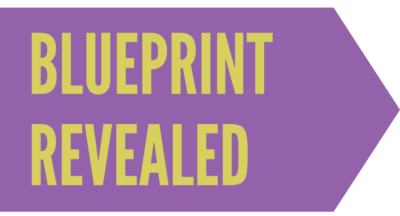Blueprint Revealed: What Does It Mean to "Share Power"?
 Each week, Dismantle Poverty’s Megan Matthews answers a question about the Poverty Reduction Work Group’s mission to reduce poverty and inequality in Washington State.
Here’s this week’s entry.
Each week, Dismantle Poverty’s Megan Matthews answers a question about the Poverty Reduction Work Group’s mission to reduce poverty and inequality in Washington State.
Here’s this week’s entry.
“What does it mean to ‘share power’?”I’ve been doing a lot of thinking about this one. I really want to help others. I believe others want the same. So, what does “share power” mean? How is it different than what we currently have, where the services of organizations overlap in a structure that encourages collaboration? What I believe is missing is a more intentional collaboration between organizations and also with individuals and communities who are impacted by the services agencies provide. Residents in Washington feel like things happen to them, or are being done to them, not with them. I believe we’re talking about collaborative decision-making where collaboration extends further than your unit, division, agency, or organization. It requires collaborating in partnership, where all individuals have the same power to influence and make decisions. Different than a hierarchy, where the person who sits on the top of the organizational chart gets to make the final decision, shared power requires a flattening of the decision-making dynamic where everyone has the same power and influence in decision-making. How do we operationalize that? We’ll need to figure that out collaboratively because I don’t believe there’s only one way to do it. It’ll depend on the needs of the individuals and organizations that come together.
To submit questions, email Megan here or use the Contact page on this website.


